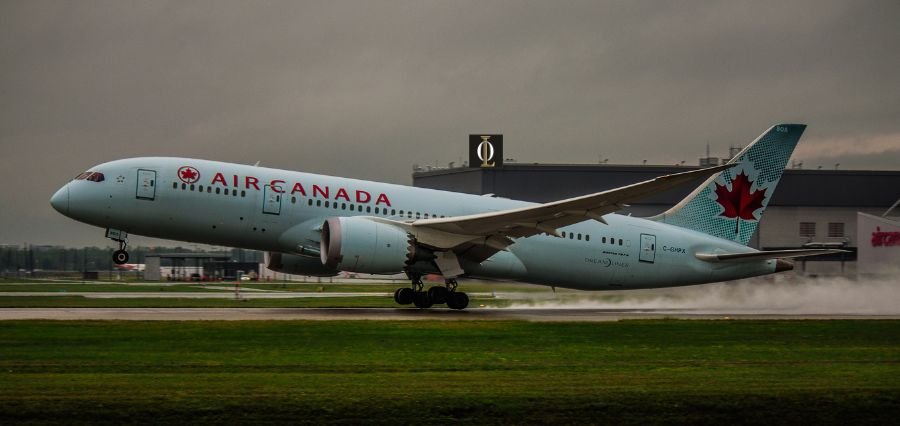Prime Highlights
- Nearly 10,000 Air Canada and Rouge flight attendants are voting on a strike mandate as negotiations on wages and working conditions are stalled.
- The union’s demands are reasonable wages, payment for work done before a flight takes off, better per diems, protection of the pension, and job security.
Key Fact
- CUPE represents nearly 10,000 Air Canada and Air Canada Rouge flight attendants.
- New recruits get as little as $1,951 a month, and they are demanding an improved offer.
Key Background
Air Canada and Rouge cabin crew members affiliated with the Canadian Union of Public Employees (CUPE) voted July 28 to Aug. 5 to go on strike. The strike vote allows the union to consolidate its bargaining advantage because the negotiation is stuck, but it does not necessarily mean an imminent strike.
The controversy stems from the expiration of their collective agreement on March 31, 2025, and failed negotiations within the federally required conciliation period. CUPE is also grievances over low wages, with newly hired full-time attendants being paid a mere $1,951.30 per month, as much as working pressures and duties increase. Of these, perhaps the most controversial is the amount of “unpaid work” the union is referring to, including pre-flight checks and cabin preparation work equivalent to as much as 35 hours’ unpaid work per month.
In addition to compensation increases and remuneration for unpaid work, CUPE also calls for increased per diem allowances, stronger pension benefits, better rest and duty-time regulations, and enhanced job security. The “Unpaid Work Won’t Fly” union campaign indicates its frustration with persistent compensation inequalities and working conditions problems.
Air Canada has countered by claiming the vote for a strike is routine bargaining and not a sign of storm brewing on the horizon. Any strike is followed by a 21-day cooling-off period after conciliation and a 72-hour notice of strike in advance under Canadian labor legislation, so the earliest possible timing for a strike would be late August in the event that negotiations fall through. The carrier maintains it still wishes to sign an agreement without suspending services.
This labour dispute comes on the heels of increased tensions from last year’s planned pilots’ strike that was narrowly averted in the eleventh hour with an agreement. During its busiest summer travel period, any strike would ground flights nationwide and inconvenience passengers in major hubs of Toronto, Vancouver, and Calgary. Negotiation is ongoing, but the outcome would have extensive repercussions for Canada’s aviation workers’ relations.
Read Also : Bayern Munich Set to Submit £60m‑Plus Offer for Liverpool Star Luis Díaz





